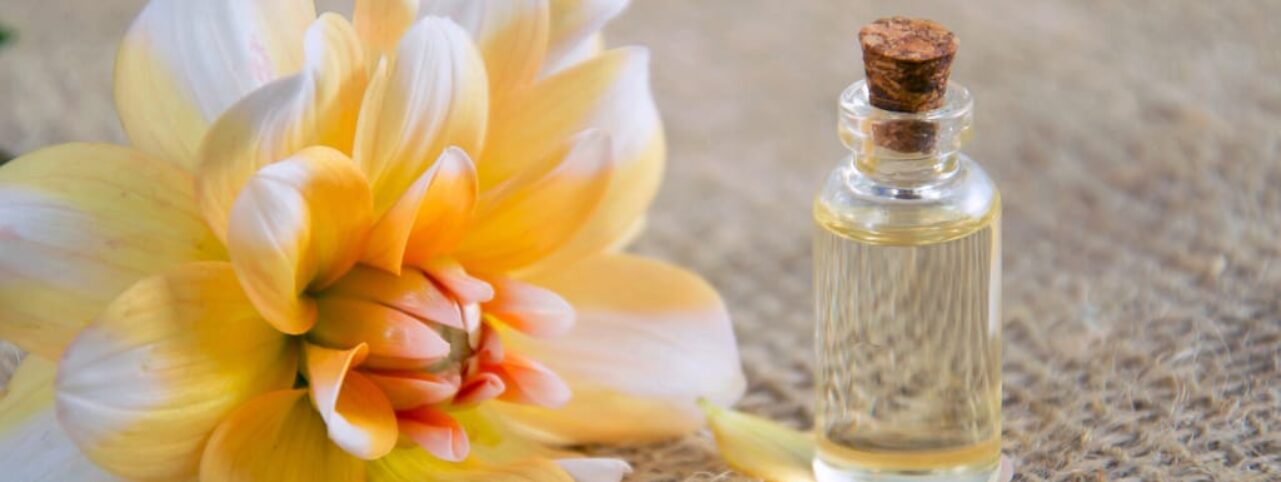Error: Contact form not found.

Alternative medicines, including essential oils, have become a common part of many households as they offer various benefits. They have become popular in healthcare today, and people use these oils for different purposes, like illness prevention and aromatherapy.
However, like any product, essential oils can expire over time if you do not use them often. In this blog, we will discuss essential oils and answer the important question: “Do essential oils go bad”? So, keep reading!
|
Note: While research shows that essential oils can have health advantages, the Food and Drug Administration (FDA) does not check their quality or purity. That is why it is crucial to consult your doctor before using these oils and to research the brand you choose. Also, do not forget to perform a patch test when using a new oil for the first time. |
Exposure to oxygen, heat and light changes the composition of essential oils and makes them less effective over time. That is why essential oils are available in dark amber bottles that help protect the oils from harmful light.
But the question is, do essential oils spoil like food? The answer is, No! They do not spoil in the same way, but they do undergo changes over time. It can be hard to tell how they have changed. This makes it difficult to know if they are still safe to use.
Essential oils are taken from plants and are known for their strong scents and healing properties. While these oils do not have a specific expiration date like fresh foods, they do have a shelf life that can vary depending on the oil and how you store it.
Essential oils have a limited shelf life, but you can make them last longer with proper handling and storage. Below are a few tips on how you can extend the shelf life of essential oils:
Suggested Read: An Ultimate Guide to Buying Pure and High-Quality Essential Oils
As we already discussed in the blog above, unlike perishable items, essential oils usually do not have a specific expiration date. However, there are signs that may indicate they are losing their effectiveness. Some of these signs are:
The scent has altered since you first opened it. If the oil has an unpleasant or rancid odor, it might be spoiled.
You might feel tempted to pour your expired essential oils down the sink. However, there are other better ways to dispose of them that won’t clog your pipes or harm the environment. Below are some important tips for properly getting rid of your oils:
After you have got rid of your expired essential oils, you might want to reuse or recycle the bottles they were in. You can do this by filling the containers with soapy water and letting them soak overnight. After that, rinse and dry them, and they will be ready for use. If there is still a lingering scent, soak them in a mixture of equal parts water and rubbing alcohol.
Sustainability is important, not just for essential oils but for our health as well. Here is how you can recycle essential oil bottles:
Knowing how to care for and dispose of essential oils properly can improve your experience with these powerful plant extracts. You can follow the tips we discussed in this blog to make your oils last longer and enjoy their benefits.
If you are interested in buying essential oils in bulk, Sivaroma is a top essential oil manufacturer that offers high-quality products. Check out our selection today to find the right oils for you!
Ans. Beyond aromatherapy, essential oils can be used for various purposes, including skincare, natural remedies for minor health problems and household cleaning. Always dilute oils properly before applying them to the skin or using them in cleaning solutions.
Also Read: Essential Oil Benefits: What All You Need to Know?
Ans. No, not all essential oils are safe for pets. Therefore, one should always consult with a vet when using essential oils around animals.
Related: Essential Oils and Pets: A Guide to Safe Use and Precautions
Ans. Yes, you can blend essential oils to create your own unique scents or therapeutic blends. Just remember to research the properties of each oil to ensure they complement each other.